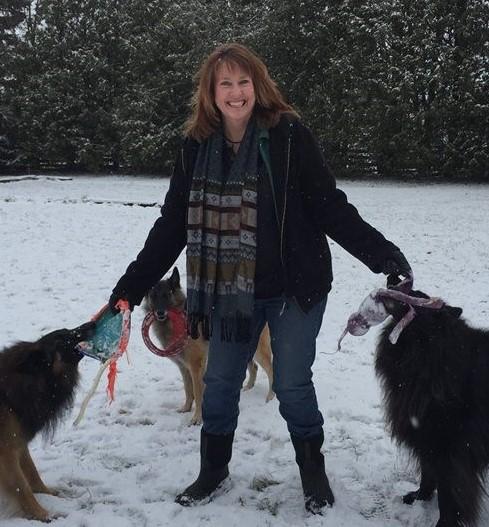Articulating Anticipated Student Learning for Co-curricular Activities
Share this page
Employers are consistently reporting that students have difficulty articulating the transferable skills they have developed during their postsecondary studies. Rather than referring to this as a ‘skills gap’[1] some are now arguing that this is the result of an “awareness gap”.[2]
Articulating what a student will learning during an experience and connecting it to common employability outcomes can help students better recognize the transferable knowledge, skills, and attitudes they are developing.
Steps for articulating anticipated learning
Step 1. Identify core learning
Core learning is the knowledge, skills, and attitudes that any student engaged in your activity's position has the opportunity to develop as they complete their responsibilities.
To identify what is core learning in an position, look at both position structure and past student experience.
Within position structure, look for the responsibilities and activities where:
- You provide up-front and/or ongoing training and professional development, and
- You provide the learner with informal and formal feedback on their development throughout the term, and
- The student will have opportunities to repeat activities so as to improve by integrating feedback and reflection.
Within past student experience, look for the responsibilities and activities where
- You could reliably speak to development, competence, proficiency, and/or achievement in a reference letter or call, and
- Development would occur for minimal, average, and advanced achievers alike.
Aim to identify a minimum of 2 to a maximum of 5 core learnings for your position.
The supervisor of a customer service job might identify customer relationship building as core learning because:
- The supervisor provides initial training on the customer service model and refresher training and/or professional development once a month throughout the semester, and
- The supervisor observes the student several times throughout the term and provides feedback on their customer relationship building skills, and
- The student is required to keep a log of their interactions and what they feel they have done well and their areas of improvement, and
- The job centers around customer interactions in a busy environment so the student has many opportunities a day to apply their customer services skills, and
- Because the supervisor observes the students engaging in this activity regularly, they could reasonable speak to their proficiency in a reference letter or call.
Step 2. Connect core learning to common KSAs
Connect each Core Learning identified in step 1 with the most relevant Knowledge, Skill, or Attitude (KSA) (minimum 2 and maximum 5).
These will be used to tag your job in Experience Guelph so students can see what knowledge, skills, and attitudes they will be developing.
The supervisor decides that the most relevant Knowledge, Skill, or Attitude for customer relationship building is oral communication skill because the role requires primarily verbal communication and active listening.
Step 3. Articulate core learning as transferable statements
For each core learning, create a statement by completing the sentence “In this position you will learn how to…”. These statements will be included in your Experience Guelph catalogue posting so students can see what specifically they will be learning.
The statements should be specific enough to provide focus, but not so specific that they only apply to your specific context. As the focus should be on transferability to future contexts, think about what someone might write on their resume.
- To generic: You will learn financial skills.
- What kind of financial skills? In what context?
- Good: You will learn how to demonstrate accuracy in cash handling procedures using a POS system.
- Clearly shows what a student will be learning.
- This statement could easily be adapted to someone's resume.
The supervisor articulates their transferable statement as:
- You will learn how to effectively build relationships with clients in a fast-paced customer service environment.
[1] See The Cost of Ontario’s Skills Gap (The Conference Board of Canada).
[2] See PSE’s “Skills Awareness Gap” (Ontario Undergraduate Student Alliance).
